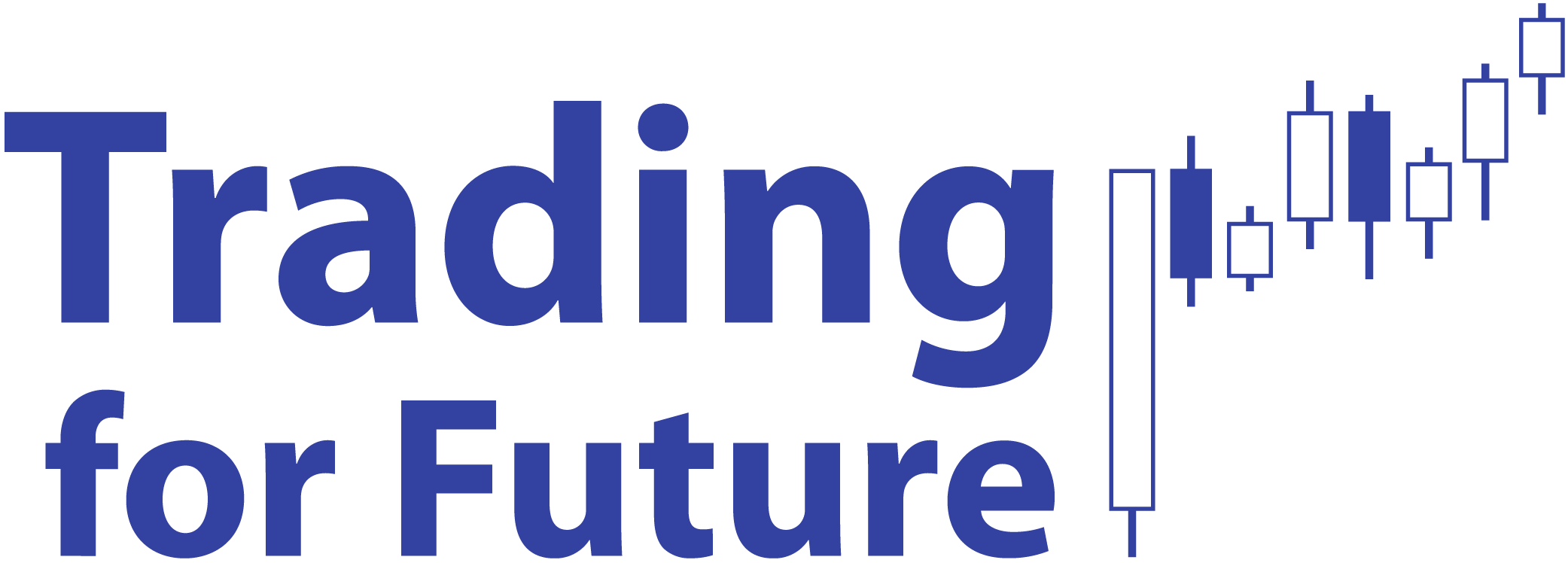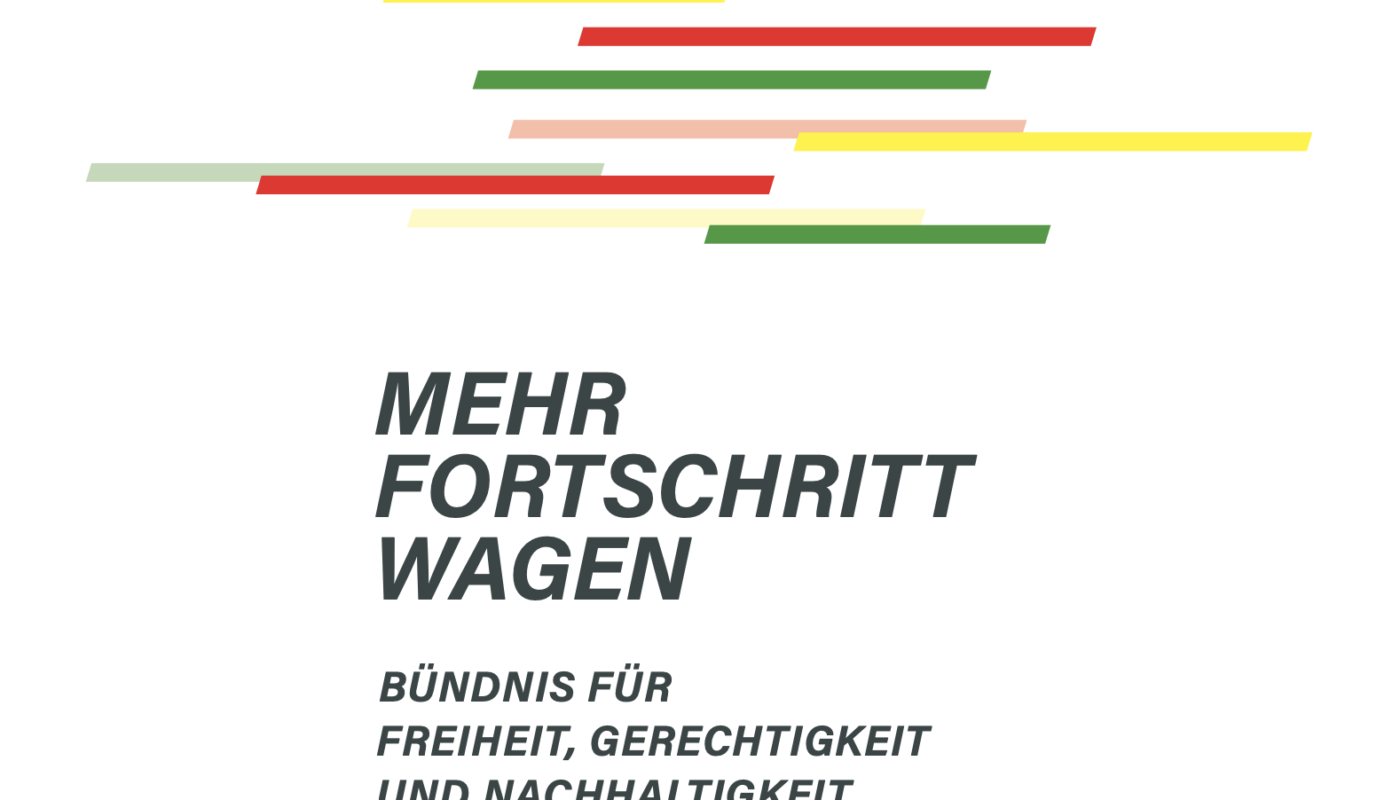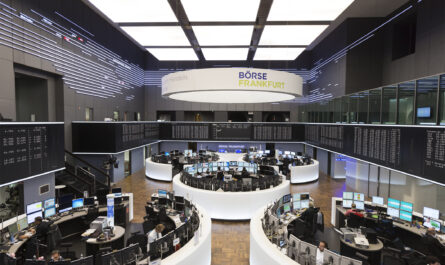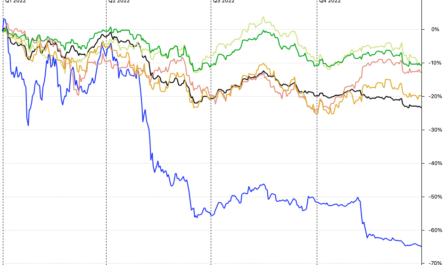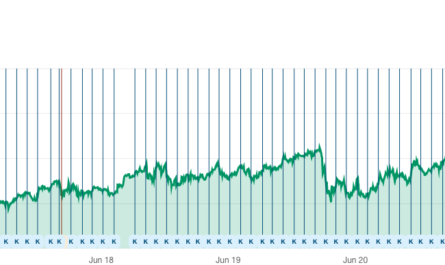The next government for Germany seems to be sealed with the traffic light. Olaf Scholz (SPD) is expected to be elected as the new chancellor later today. This would also mean the implementation of the coalition agreement that the three parties jointly presented around two weeks ago. Its contents are to be implemented in the coming legislative period. This will bring some changes for us investors. Above all, however, the pension system is to be strengthened and lower incomes increased.
Accordingly, the new government is actually planning to introduce an equity pension and thus additional financing via the capital markets. Until now, the German pension system has been based on a pay-as-you-go system in which the younger generation financed the pensions of the older generation, i.e. pension payments were apportioned directly to the payers. In view of demographic change and the steadily widening pension gap, this is certainly to be welcomed.
More funded pensions, fewer stock pensions
However, the new government’s plans are a long way from a genuine equity pension, as proposed by the Free Democrats during the election campaign on the model of Sweden. Next year, for example, the German pension insurance fund is to receive an additional capital stock of ten billion euros, which is to be managed in a broadly diversified fund by an independent body under public law. This money is to provide additional support for the financing.
The coalition agreement does not say whether employees will also pay into this fund in the future. However, the intention is to continue to rely on private pension provision and to reform the Riester pension. “To this end, we will examine the offer of a publicly accountable fund with an effective and inexpensive offer with the option of opting out,” the three parties write in their almost 180-page coalition agreement.
More pay, higher exemption thresholds
In return, the lower income brackets in particular are to receive more net pay under the new government. The traffic lights plan to raise the minimum wage from the current 9.60 euros to 12.00 euros. At the same time, mini- and midi-jobs are to be raised to 520 and 1,060 euros respectively. Above all low-income earners and households with additional jobs are to be relieved in such a way. A new citizen’s income is to replace Hartz IV and remain for two years without asset imputation, which reduces the risk somewhat in the case of longer unemployment in the matter of investment and asset accumulation.
Of particular importance for us investors is the increase in the savers’ lump sum. This is to be raised from 801 to 1,000 euros for singles on January 1, 2023. Married couples will receive double the amount as usual. The lump sum was last adjusted in 2007, almost 15 years ago. This means that investment income, such as interest, dividends and capital gains, remains tax-free up to this amount. Beyond that, capital gains tax continues to be applied at a flat rate of 25%.
In addition, the solidarity surcharge could continue to be added, because the coalition agreement does not list any further changes here. It is also a pity that there is no automatic adjustment to the inflation rate, which had recently risen considerably. Cold progression and thus the expropriation of savers will thus not be counteracted.
It is also a pity that a reintroduction of a speculation period or just the fact of deliberately promoting long-term investments from a tax perspective did not make it into the coalition agreement. At least the abolition of the capital gains tax or a financial transaction tax seems to be off the table.
Keyfacts:
- More funded pension system
- Reform of private pension provision
- Increase in minimum wage and mini- and midi-jobs
- Capital gains tax remains
- No financial transaction tax, no speculation period
